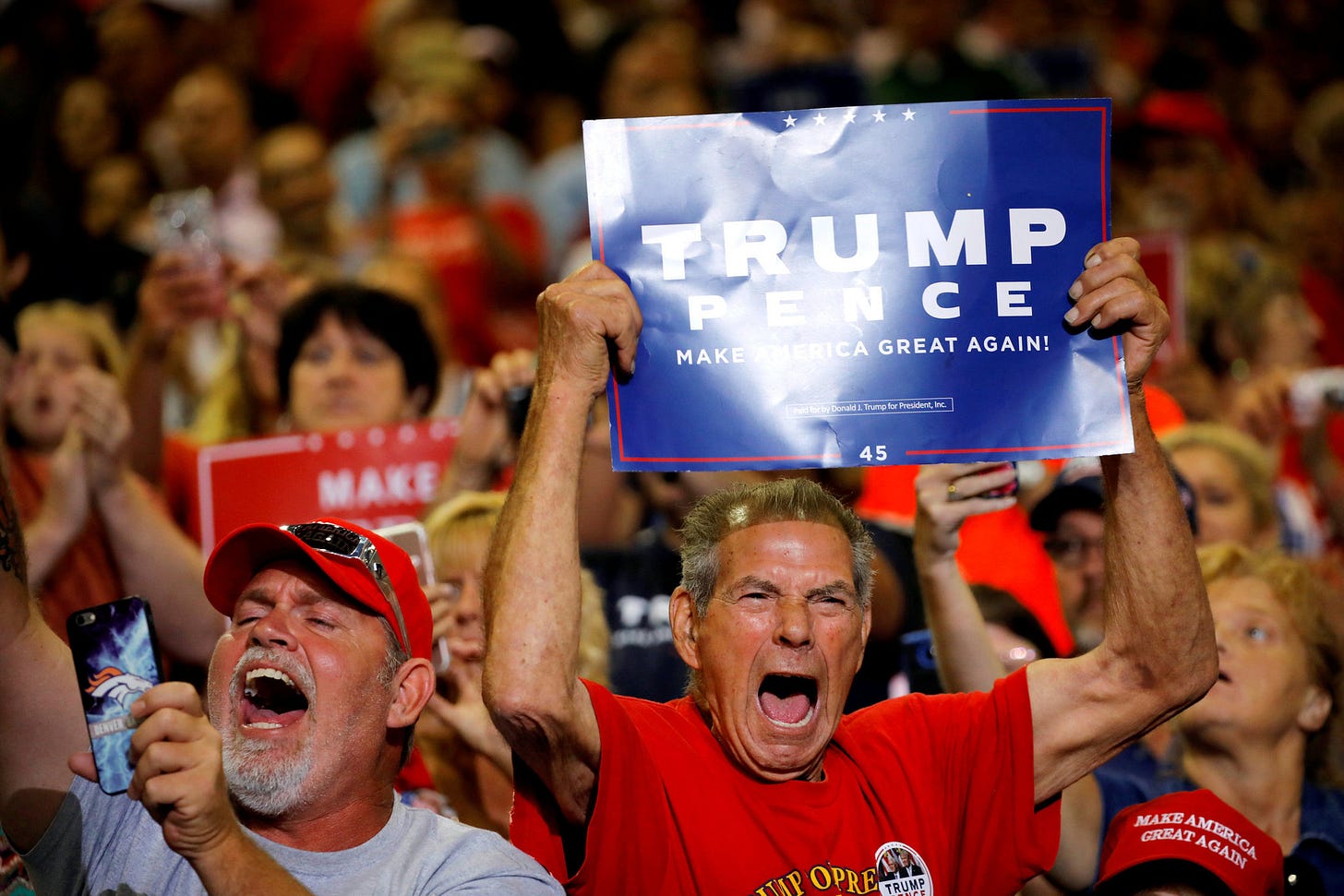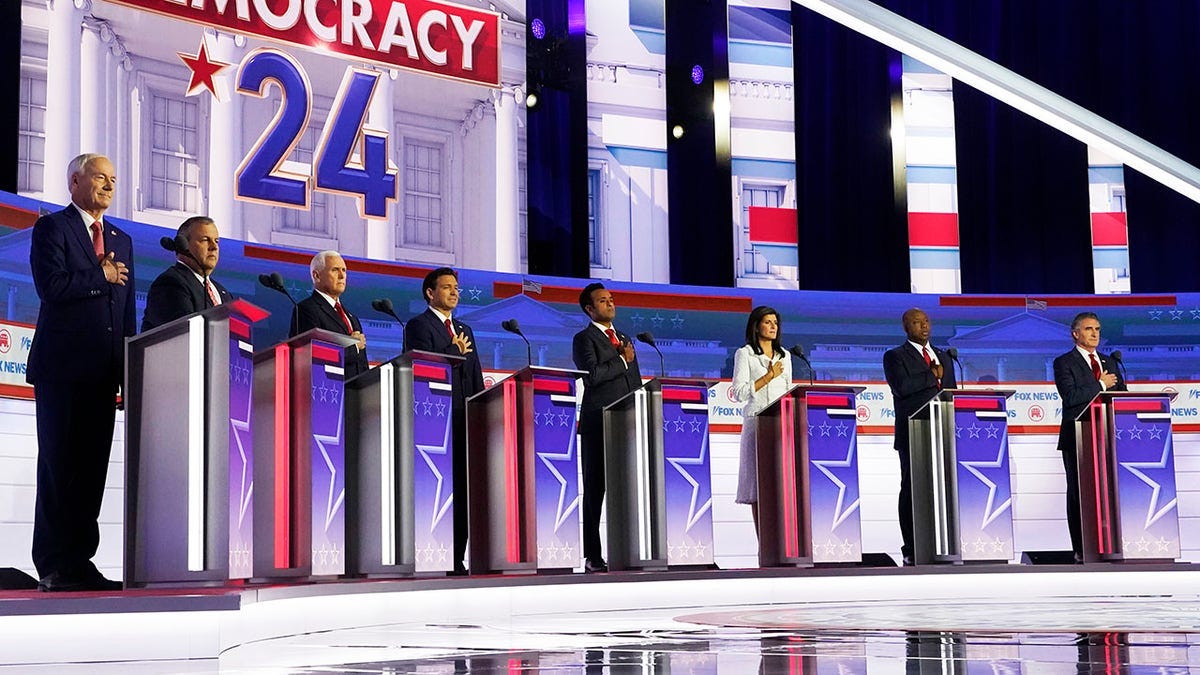The media's influence on elections has long been debated, but this week’s articles shed some interesting light on how much influence is actually exerted, and how. Vox’s two articles, on Trump and Fox, as well as Garz & Martin’s regarding unemployment news - leverage clever research designs to estimate the causal effects of media coverage on vote choice.
The Vox pieces focus on the media's extensive coverage of Donald Trump in 2016. While some journalists argue this was merely a response to public interest, the author highlights research showing Trump received disproportionate coverage even before voting began. For example, one study found he gained nearly $1 billion in free media by February 2016 - far outpacing rivals. Moreover, much of this coverage simply highlighted Trump's poll numbers and crowd sizes - positive framing that likely benefited his campaign. Indeed, studies suggest the media's obsessive coverage of Trump may have boosted his vote share by over 6 percentage points compared to a balanced scenario.
Vox’ dissection of the American Economic Review study looks specifically at Fox News' impact on Republican vote share. Exploiting channel positions as a natural experiment, they find Fox substantially swayed Democratic and independent viewers to vote Republican. For instance, their models suggest Fox News increased Republican vote share by 3.6 points in 2004 and 6.3 points in 2008. Furthermore, Fox was much more effective at persuading Democratic viewers than MSNBC was at persuading Republicans.
Finally, the Political Communication paper examines local news coverage of unemployment rates near election time. Leveraging biases around round numbers, they show governors suffer significantly when crossing "bad" milestones like 10% unemployment right before an election - but don't gain as much from crossing "good" ones like 5%. These sharp discontinuities in incumbent vote share reveal media coverage itself sways voters, even controlling for actual economic trends.
In summary, these three studies demonstrate the media's agenda-setting power. Both national outlets and local coverage substantially impact vote choice - sometimes even overpowering objective conditions. Understanding these causal relationships is crucial for interpreting elections and improving democratic accountability.






Joao, I enjoyed how you combined the findings of these three articles and applied them specifically to Trump's election in 2016. I was particularly intrigued by the fact that Fox News was much better at persuading non-Republican viewers than MSNBC was at persuading Republican viewers. As the Vox article mentioned, this is likely because Fox chooses to focus on maximizing its persuasive power, while MSNBC chooses to set its ideology at a "viewer-maximizing point." Thinking about the lack of focus on local news that was discussed in the podcast, it seems as if MSNBC and CNN (or at least one of them) could likely afford to increase their persuasive power in order to persuade more Republican voters. Of course, a shift towards even more polarized partisan media would likely not be helpful in decreasing polarization within the US, but it might work to make the effects of partisan media on vote choice and attitudes more evenly spread across the two parties.
Hi Joao,
Your post does a concise way of describing two significant factors that lead to Trump's presidential victory in 2016: exceedingly high earned coverage and Fox's competitive advantage in mobilizing non-Republican voters. Considering that for this upcoming election Biden and Trump poll are very closely, it will be interesting how this election will be a continuation and what will be departure in terms of previous elections.
I think seeing how little Trump spent in advertising in the GOP primary compared to his two most viable challengers, Nikki Haley and Ron DeSantis, shows that the trend in high earned media coverage is still in effect. You also touched on the journal by Garz and Martin that looked at how voters conceptualize the president's success through the economy. A recent news article by Gallup stated that as of most recently, economic indicators are not favorable for Biden.
"Over the past four decades, incumbent presidents have still been reelected when majorities of Americans are dissatisfied with the way things are going in the country, but the cutoff seems to be 30% satisfaction. Less than 30% of U.S. adults were satisfied at the time of the 1992 and 2020 elections when the elder Bush and Trump lost, whereas more than 30% were satisfied in the years incumbents won."
https://shorturl.at/hkHPX